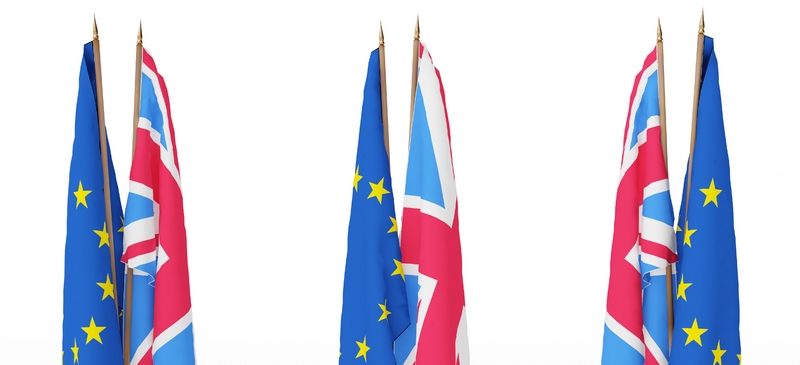
If Nixon could go to China, Brown can go to Brussels
by Hugo Brady
W.B. Yeats lamented a Europe where, in politics at least, “the best lack all conviction while the worst are full of passionate intensity”. As Tony Blair bows out as UK prime minister, British pro-Europeans will identify with his sentiments.
The British eurosceptic lobby and media have reorganised, regrouped and become more sophisticated in recent years. The predominantly eurosceptic Conservative party could be back in power by 2009. And Blair, the first convinced pro-European in a generation to occupy 10 Downing Street, leaves office with his ambition to change the terms of the tortured British debate on Europe utterly unfulfilled. His certain successor, Gordon Brown, a Euro-agnostic at best, thinks talk of EU integration is an old hat.
Blair’s European legacy is no unmitigated failure. True, he has not managed to make Britons sentimental about their membership of the EU. But he has done much to strengthen Britain’s standing in Europe, advancing British priorities constructively and cleverly. With France in 1998, Blair launched the European security and defence policy, giving the EU a military capability for the first time. While promoting closer European co-ordination on immigration and counter-terrorism, he simultaneously pushed British ideas and priorities in these areas. And in 2005 Blair used his time as head of the European Council to re-focus the EU from debate on treaty change to issues that matter for the people, such as jobs, energy and migration.
No, his failure has been a missed opportunity to challenge British domestic attitudes towards the EU. Britons have never been more familiarised and at ease with their European neighbours. Yet – fed on a regular diet of tabloid hostility – voters remain suspicious and resentful of the EU. Things might have been different, argued the Financial Times, if Blair “had given half the time he devoted to Iraq to Europe”. See http://www.ft.com/cms/s/69df13dc-efa4-11db-a64e-000b5df10621.html. Last week Michael Howard, leader of the Tory party during the Iraq crisis, admitted that he had been “terrified” Blair would do just this: use his unique powers of persuasion to change the British European debate forever.
That would be a tall order, even for Blair. Forces outside of his own control robbed him of the opportunity to wade into such a debate. Blair committed to referendums on British membership of the euro and, some say foolishly, the European constitution. Both would have involved a tough, but possibly cathartic, public debate on Britain’s European identity. But Chancellor Brown ruled out the prospect of euro membership. And events outside Britain killed off the constitution.
One could also argue that the man who famously told the French Senate “je suis un homme d’Europe” could not have sold the treaty to a sceptical British public and hysterical media. Blair’s messianic style, so relied upon to make the case for Iraq, would have been ill-suited to selling this complex treaty with constitutional pretensions.
In fact, the chancellor’s less indulgent stance on Europe, proud sense of Britishness and conviction politics are a great asset to British pro-Europeans. Brown’s instincts on Europe are more representative of the public than Blair’s. Only he can strike a new deal on changes to the EU’s treaties and convince the UK parliament and media that such an agreement is worthwhile and safeguards British interests. He will enjoy another opportunity to move forward the UK's European debate, albeit in a more incremental way that sits more comfortably with notions of British identity.
Historians like to say that only Richard Nixon – a conservative Republican with an uncompromising stance on communism – could “go to China” in the 1970s and re-establish US-Chinese relations. Is it too tongue-in-cheek to make the same parallel with Brown’s perceived euroscepticism? Pro-Europeans in Britain should not be so glum.
Hugo Brady is a research fellow at the Centre for European Reform.
